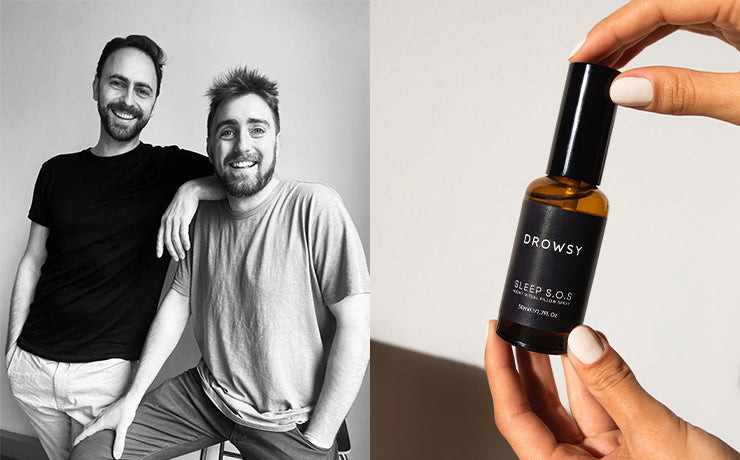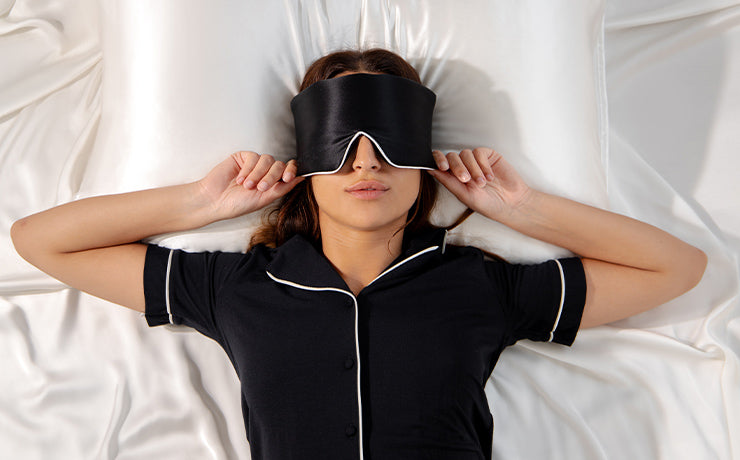Why it’s time for a device detox before bed
Do you find yourself endlessly scrolling through Instagram or watching one more episode of that Netflix series just before bed? While it might not seem like it all of the time, the amount of time you spend looking at screens can affect your sleep at night.
Tempting as it may be to check your latest Facebook feed before hitting the lights, studies1 have shown that this use of devices can interfere with sleep by suppressing melatonin production, our body’s natural hormone that makes us feel sleepy. Normally, the pineal gland in the brain would start to release this a few hours before bedtime, with melatonin levels reaching their highest in the middle of the night. However, when this is reduced, we’ll feel more awake and alert at a time where we should be winding down.
It’s not necessarily the device itself where this problem lies, but many mobile phones, tablets and computers emit short-wavelength light, also known as blue light. This type of artificial light and its interference with our natural prep for bed, can, over a long period of time, reset your internal body clock and reduce the amount of time you spend in slow-wave and rapid-eye movement (REM) sleep. These two stages of our regular sleep cycle are where we dream and are vital for cognitive development and function throughout the day.
Think you might be scrolling a little too long each day? Then now is a great time start your digital detox, without going cold turkey and missing out on that next Twitter drama.
- Lay down limits: Using devices for long periods of time can negatively impact sleep2 especially amongst teens and children. A great way to avoid this is to put limits on how long you’re using devices each day. Many smartphones have the functionality to track this and send reminders when you’re close to your usage for the day.
- Establish a wind-down routine: Regular bedtimes, even in adulthood, ensure you’re getting enough rest each night while promoting a healthy internal body clock. Switch off devices, and yourself, an hour before bed and focus on nothing but relaxing activities like taking a bath or listening to calming music.
- Bedroom = screen-free zone: It might feel like the best way to wind-down is with some TV in bed, but actually this can keep you awake for longer. All devices should be removed from your bedroom, even if they’re just on charge!
- Use night mode: Your phone or tablet should feature a ‘night mode’ which aims to reduce blue light admissions before bed. Studies3 have revealed that effective night modes can reduce melatonin suppression, meaning you can still get a good night’s kip!
1Source: Ari Shechter, ‘Blocking nocturnal blue light for insomnia,’ ScienceDirect, 01/2018.
2Source: Ben Carter PhD, ‘Association between portable screen-based media device access or use and sleep outcomes,’ JAMA Network, December 2016.
3Source: R Nagare, ‘Does the iPad night shift mode reduce melatonin suppression?’ NCBI, 09/01/2018.




